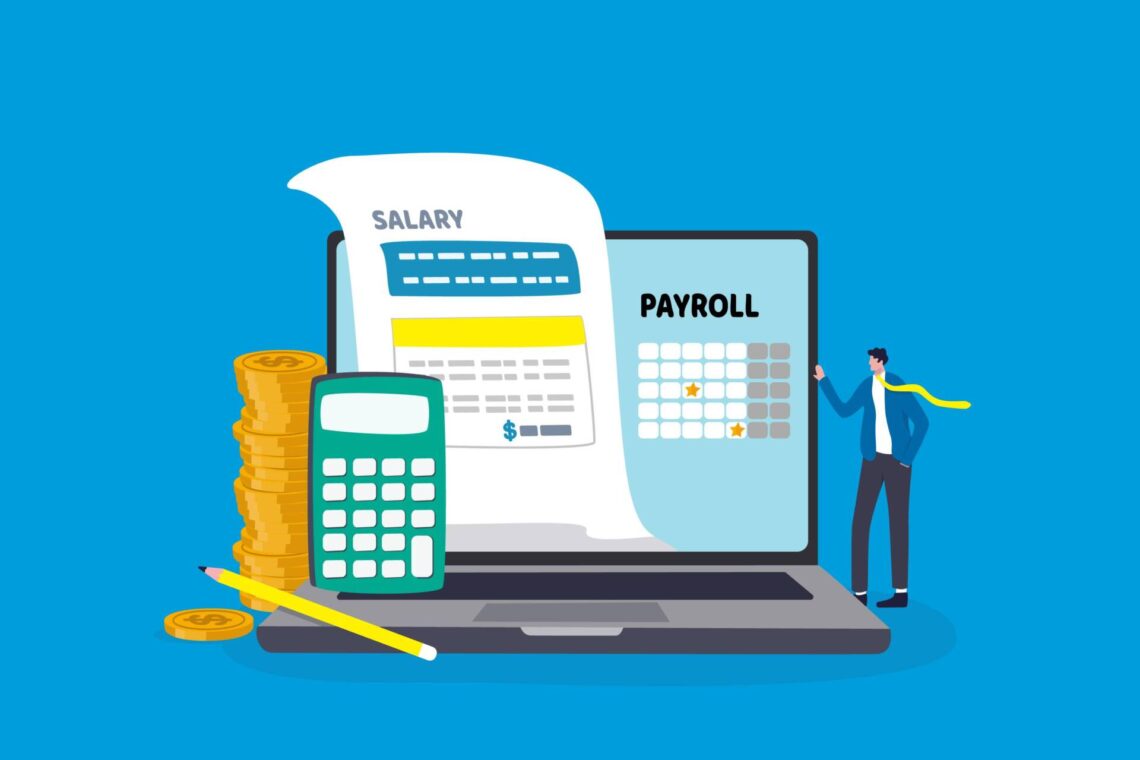Tax planning plays a vital role in both personal and business finance, yet it is often neglected until tax season approaches. However, understanding and implementing effective tax planning strategies can make a significant difference in your financial well-being. In this guide, we’ll explore what tax planning entails, why it’s essential, and when you can leverage it to your advantage.
What is Tax Planning?
Put simply, tax planning is a proactive approach to tax management, rather than reacting to tax obligations when they arise. It involves evaluating your financial situation and strategically minimising tax liabilities within the confines of the law.
During this process, your tax accountant will explore various strategies aimed at enhancing your tax situation, such as optimising deductions, leveraging tax credits, and structuring transactions for tax efficiency.
Why is Tax Planning Important?
Effective tax planning offers several benefits for individuals and businesses:
- Identify tax-saving opportunities and adopt strategies that can lessen your tax burden, leaving more money in your pocket.
- Achieve your long-term financial goals quicker, such as retirement planning or building wealth by minimising taxes and maximising savings.
- Ensure that you comply with tax laws and regulations, reducing the risk of audits, penalties, and other costly consequences.
- Understand the tax implications of different business structures and adopt the most beneficial structure for your situation.
- Understand how investments impact your tax payable as well as tax considerations on purchase and sale.
- Plan for your property sale by calculating the estimated tax payable on capital gains prior to you preparing your return. This helps you to plan for any tax payable by ensuring you have funds available when it comes time to lodge your return. We can also explore measures that may assist in reducing tax payable on a capital gain event.
- Calculate the payroll tax or fringe benefits tax on planned staff incentives and bonuses.
- Plan the most tax-efficient way to exit or sell your business.
- Utilise small business capital gains tax concessions correctly. These concessions allow reduction, exemption, or deferral of capital gains from active assets used in a small business.
- Discuss and plan your dividend strategy
- Review any loan agreement requirement (e.g. Div7a Director Loans) to ensure that minimum payments are met and the loan remains complying.
- Assist with decisions regarding distribution of Trust income prior to 30 June and ensuring documentation of trustee decisions.
- Understand how to use capital works deductions to benefit your business.
- Produce cash flow projections for your tax payments.
- Strategically time the recognition of income and expenses to help optimise your tax situation. For example, deferring income into the following year or accelerating deductible expenses can lower your current tax bill.
When to Engage in Tax Planning
Tax planning is not a one-time event but rather an ongoing process that should be integrated into your financial management strategy. Here are some key times to engage in tax planning:
- Year-End Tax Planning: Assess your tax situation towards the end of each fiscal year to identify opportunities for tax savings before the year-end deadline.
- Life Events: Major life events such as marriage, divorce, birth of a child, or retirement can have significant tax implications. It’s essential to review your tax plan whenever your circumstances change.
- Business Changes: If you own a business, tax planning should be an integral part of your strategic decision-making process, especially during periods of expansion, acquisition, or restructuring.
Seeking Professional Assistance
While some individuals may feel comfortable handling their tax planning independently, others may benefit from seeking professional assistance. Tax experts like registered Tax Agents can provide valuable knowledge and support to assist you in effectively navigating intricate tax laws and regulations.
To find out more about our tax planning process at Lemonade Beach, visit https://lemonadebeachaccounting.com.au/tax-planning/
To get you started, you may also be interested in downloading our Tax Planning Checklist.
Conclusion
Tax planning is not just about minimising your tax bill; it’s about maximising your financial opportunities and protecting your financial future. By taking a proactive approach to tax planning and implementing effective strategies tailored to your unique circumstances, you can achieve greater financial stability and success. Whether you’re an individual taxpayer or a business owner, investing time and effort into tax planning can yield significant returns in the form of tax savings and financial security. Start planning today to reap the benefits tomorrow!
If you’d like some assistance with tax planning, please don’t hesitate to get in touch or book an appointment online.
For more information on our services, please follow the links below:




